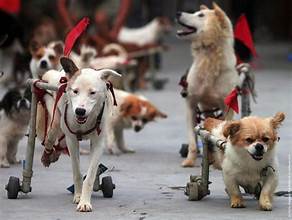Have you ever considered opening your heart and home to a pet who might need a little extra TLC?
Special needs pets are animals with physical, medical, or behavioral challenges.
That requires additional care, but don’t let that deter you!
These fantastic creatures offer as much love and companionship. Like any other pet, they come with unique rewards that can enrich your life in ways you never imagined.
Special needs pet adoption can be an enriching experience. Potential adopters often overlook these animals.
However, with some understanding and adjustments. They can survive and thrive in a loving environment. You are bringing hope and optimism to both the pet and the owner.
But what exactly does “special needs” mean in the pet world? Let’s explore the different types of special needs you might encounter:
Please click on any of the pictures to find out more information:
Facing the World Differently:
Physical Limitations:
Three-legged dogs, amputee cats, or pets with chronic illnesses. Might require environmental adjustments like ramps or special harnesses.
However, with some creativity, such as designing custom ramps or finding innovative ways to play. These playful souls can still have fulfilling lives, empowering us as pet owners to be resourceful and inventive.
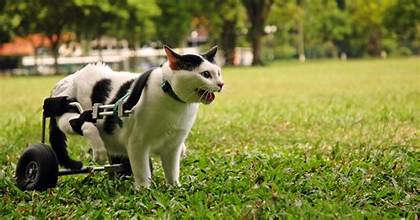
Physical Differences:
This could include pets who are blind or deaf. While they may require environmental adjustments, they can still thrive in a loving home.
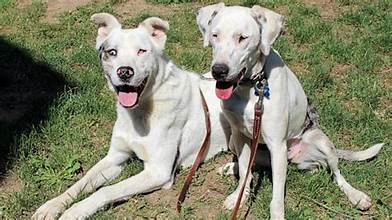
Chronic Medical Conditions:
Pets with diabetes, epilepsy, or other ongoing medical needs are also considered unique. These conditions typically require medication or ongoing veterinary care.
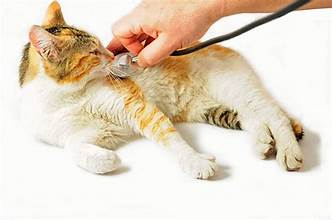
Sensory:
Blind or deaf pets can thrive in loving homes. Blind dogs can excel at navigating familiar environments with their keen sense of smell and hearing. Deaf pets can learn hand signals for communication and enjoy a calm, predictable routine.

Behavioral Buddies:
Opening Your Heart to a Special Friend
Furry Friends with Fear:
Pets with anxiety or past trauma may need a patient and understanding owner. Providing a safe space, positive reinforcement training, and a calm demeanor. It can help them blossom and enrich the compassionate owner’s experience.

Behavioral Challenges:
Some pets may have anxiety, fearfulness, or other behavioral issues. You can often take care of this behavior through training and positive reinforcement.
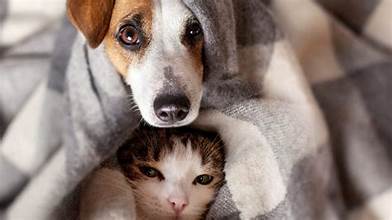
Senior Pets:
Our furry friends get old, too!
Senior pets may have decreased mobility or require medication. However, they can make fantastic companions for those seeking a calmer cuddle buddy.

Considering a Special Needs Pet?
Thinking about welcoming a special needs furry friend into your life, here are some things to keep in mind:
Do your research:
Learn about the specific needs of the type of pet you’re interested in. Understanding these needs is crucial to providing the required care. Making you a responsible and prepared pet owner.
Be honest with yourself:
Consider your lifestyle and ability to commit to the extra time and resources a special needs pet may need.
Talk to a shelter or rescue:
Shelters and rescues specializing in special needs pets can provide valuable guidance and help you find the perfect match for your home.
https://www.perfectimperfectionsrescue.org/
https://www.rollingdogfarm.org/
Talk to a vet:
Discuss the potential challenges and how to manage them.

